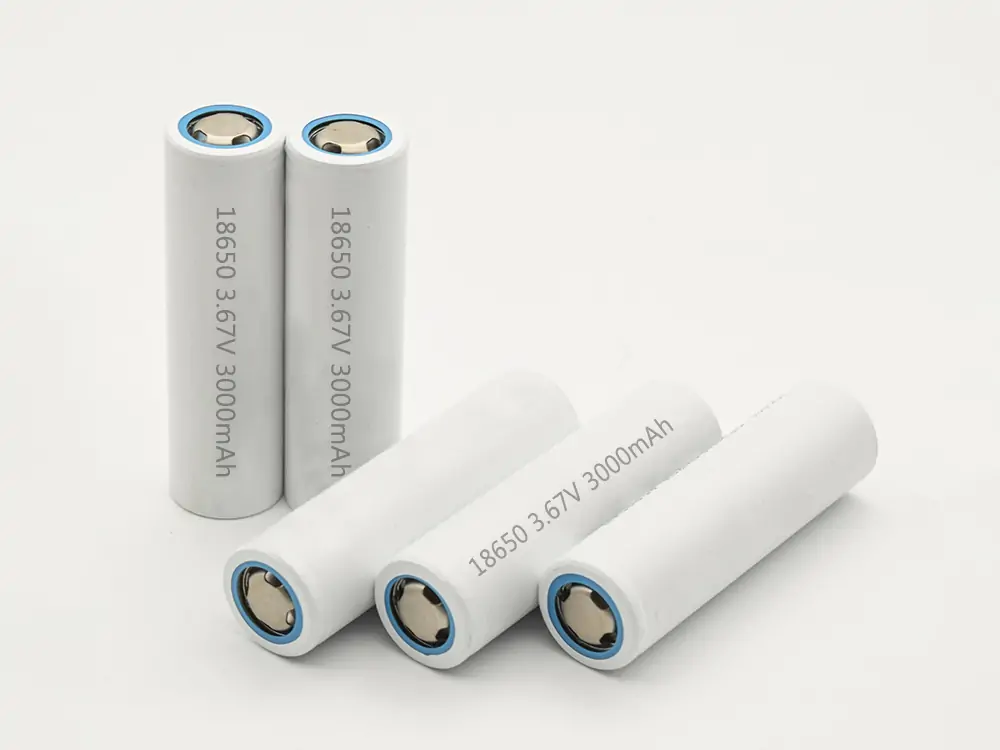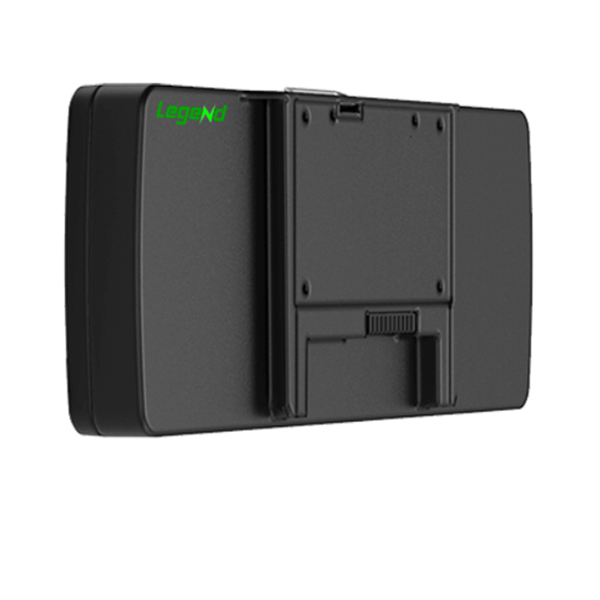Batteries play a key role in our daily lives. Whether it’s about mobile or medical devices, you will find batteries everywhere. It won’t be wrong to state that batteries are the future of the globe, especially in medical devices. Medical devices stand as the heartbeat of society. They help in diagnosing and treating. Whether portable insulin pumps or thermometers, batteries are the backbone of these devices. Here is an expert-written blog about the medical device battery.
Understanding Medical Device Battery

Medical device battery, as the term itself suggests, is used in medical devices. They are electrochemical power sources known for their versatility and portability. A battery for medical devices can be:
- Removable Batteries: You can remove these batteries from devices.
- Inbuilt Batteries: Permanent batteries can’t be removed from the devices.
- Standby Batteries: These are used for emergency purposes.
Types of Medical Device Batteries
Here are the types of batteries for medical devices:
Lithium-ion (Li-ion) Batteries
One of the most common medical battery types is lithium-ion batteries. The best part is that they are rechargeable and thus can be used again and again. Even in medical implants used in the body, these batteries can be charged easily. What’s more, they are temperature sensitive and portable! In all aspects, lithium-ion batteries are perfect for a crucial role.
Nickel-Metal Hydride (NiMH) Batteries
Nickel-Metal Hydride (NiMH) batteries are rechargeable. The best part of these batteries is that they are environmentally friendly. Moreover, they have high energy density and durability.
Alkaline Batteries
Lastly, we have alkaline batteries! They are affordable and widely available. The cost factor makes them popular for low-power medical devices.
Advantages of Lithium-Ion Batteries for Medical Devices
From the above comparison, you may realize that lithium-ion batteries are the best. They have fewer limitations and greater advantages. Wait! Are you still wondering what the benefits are?
Here are the factors that set lithium-ion batteries unique from others:

Portability
The first and most important benefit is that lithium-ion batteries are lightweight. Imagine having a pacemaker that you can’t carry with you or an implant that is heavy and adds to your body weight. But that’s not an issue with lithium-ion medical batteries. They are lightweight and charge the device without adding extra weight.
Reliability
Can you trust a battery for a medical device that needs repair again and again? It can be frustrating for both users and doctors. Lithium-ion batteries have a long life cycle. Unlike other types, they don’t demand frequent placement and maintenance. This is important in medical settings where downtime can impact patient care.
Energy Density
If you don’t know, energy density is the amount of power a battery can produce, regardless of size. Medical devices need a battery that supplies high power in a compact size. Higher energy density means better battery performance. That’s where lithium-ion batteries come to the rescue. Regardless of their size and weight, lithium-ion batteries provide abundant energy.
Temperature Sensitivity
Imagine investing in batteries that can’t withstand temperature extremes. But that’s not an issue with the lithium-ion battery. It can function at different temperatures without affecting the key mechanisms.
Quick Charging
You definitely won’t like to invest in a battery that takes hours to charge. But did you know lithium-ion batteries take just 1-2 hours to charge completely? This makes them perfect for medical devices always prone to health emergencies.
Safety
Most batteries explode when they overcharge. Lithium-ion batteries prevent overcharge and discharge. Thus, the battery is safe even under certain conditions, such as short-circuit. It acts as a shield for the device and human health.
Applications of Lithium-ion Batteries in Medical Devices
The lithium-ion batteries are important for medical devices. They are versatile and highly functional. But you might be wondering where they are used. Don’t you? Sit back! The lithium-ion medical device battery has countless applications in medical devices, including:

Portable Medical Devices
Portable medical devices can be carried from one place to another. Lithium-ion batteries are lightweight and perfect for such applications. Without adding extra weight, the batteries can deliver the required functions. The common portable devices that use a li-ion battery are:
- Oxygen concentrators
- Insulin pumps
- Hearing aids
Implantable Medical Devices
Implantables, as the name suggests, are planted inside the human body. They are used to monitor human mechanisms. You might be amazed to discover that they sometimes remain in the body for years and more. Thus, they demand batteries that function without needing a battery change. And that is where the li-on battery comes to the rescue with its long service life. Here is the list of implantables that use lithium-ion batteries:
- Cardiac pacemakers
- Drug pumps
- Neurostimulators
- Cardiac defibrillators
Diagnostic Equipment
Diagnostic equipment helps in analyzing the human body and its functions. They must be mobile and effective since they are used for crucial functions. At times, they are operated straight for days. Wondering how they manage to last for so many hours? Li-ion batteries ensure long operation hours on a single charge. Thus, there’s no trouble even in remote or mobile healthcare settings. Here are a few diagnostic equipment where you can use lithium-ion batteries:
- Handheld ultrasound devices
- ECG monitors
- X-ray units
Assistive Technology Devices
Assistive devices tackle organ loss and sensitivity. People use these aids to enhance their lifestyle and overcome the impact of damaged organs. Lithium-ion batteries supplement high power to such assistive devices. Thus, even after extended use, the devices function efficiently. The common assistive devices that rely on lithium-ion batteries are:
- Motorized wheelchairs
- Prosthetic limbs
- Speech-generating devices
Therapeutic Devices
Many therapeutic devices use lithium-ion batteries. Thanks to the reliability, longevity, and sustainability of the batteries. Here are a few therapeutic devices that can use lithium-ion batteries:
- Transcutaneous electrical nerve stimulators (TENS)
- Phototherapy devices
Factors to Consider When Choosing Batteries for Medical Devices
It isn’t possible to buy the best medical battery until you know its performance factors. Here are factors that you must consider when choosing batteries for medical devices:
Device Power Requirements
Each medical device has its own power needs. Devices with higher requirements may demand a high-energy-density battery, like lithium-ion. Thus, always consider the battery’s size, functionality, and operating time.
Battery Lifespan
Use lithium-ion batteries if you are looking for batteries for medical devices that operate for extended periods. They are the best choice because of their long lifespan.
Size and Weight
The dimensions and weight of the battery are critical for portable devices. Look for batteries that are compact and lightweight. This allows medical devices to be more portable and comfortable for the user.
Safety and Reliability
Battery safety is paramount in medical devices! Thus, always choose batteries with built-in safety mechanisms. You can even go one step further with overcharge protection and thermal management.
Cost
Last but not least, consider your budget. Don’t look for short-term profits but long-term savings. You can go for batteries that have higher upfront costs but save bills when used regularly.
Medical Device Battery Manufacturers
Now you might be wondering, which is the best medical battery brand? Well, there are many! Here is the list of top medical device battery manufacturers:
Legend Batteries
Legend Batteries is known for offering a range of medical device batteries. The brand specializes in custom lithium-ion battery packs and solutions. It also follows procedures that meet stringent safety and performance standards. Visit its website for more information.

Power-Sonic
Power Sonic is another company that provides chargers and battery packs for medical devices.
Excell Battery
Excell Battery supplies the best medical equipment batteries. Most of the products are durable and energy-efficient.
Saft
If you are looking for a lithium medical battery, you can explore Saft. At Saft, you can find primary lithium batteries at affordable cost prices. It is a popular and reliable brand.
You can also explore your local market to find more options nearby you.
Way Forward
Medical devices are undoubtedly the backbone of healthcare. But can these devices serve their purpose without a robust power supply? That’s the importance of medical device batteries. They support these life-saving aids for the betterment of mankind. However, always select a battery that aligns with your needs and requirements. Lastly, trust reliable manufacturers like Legend Batteries for long-term advantages.
